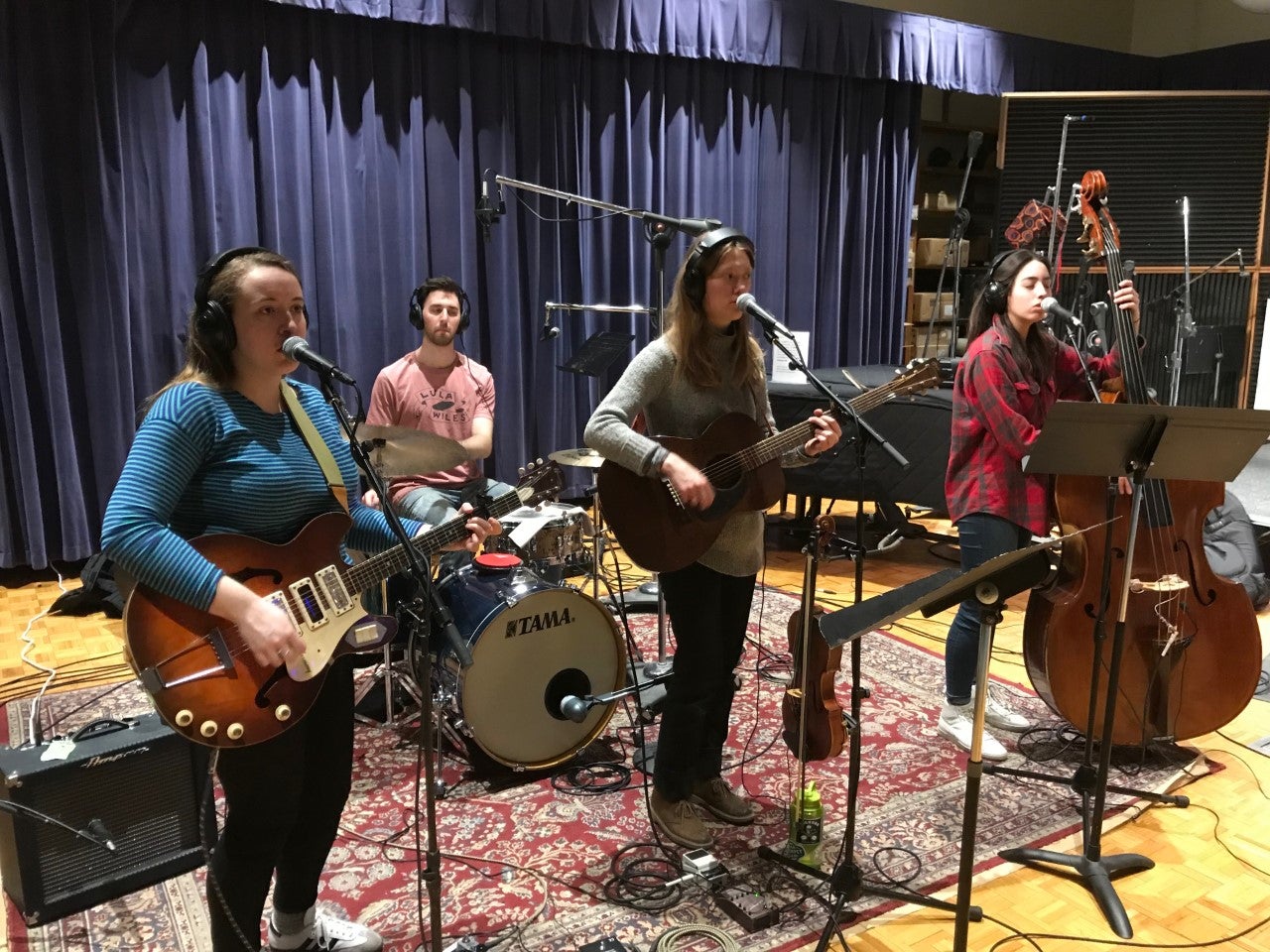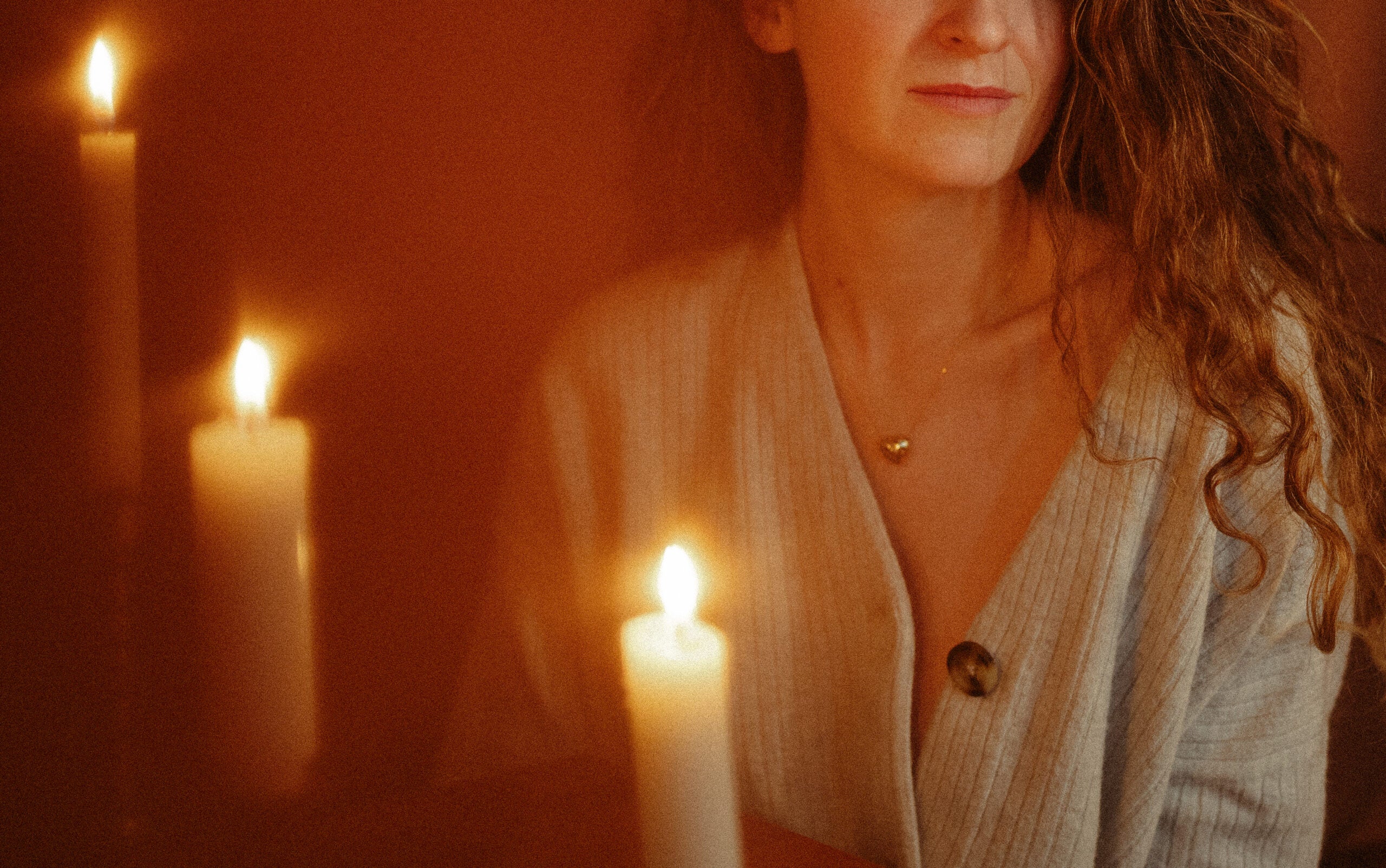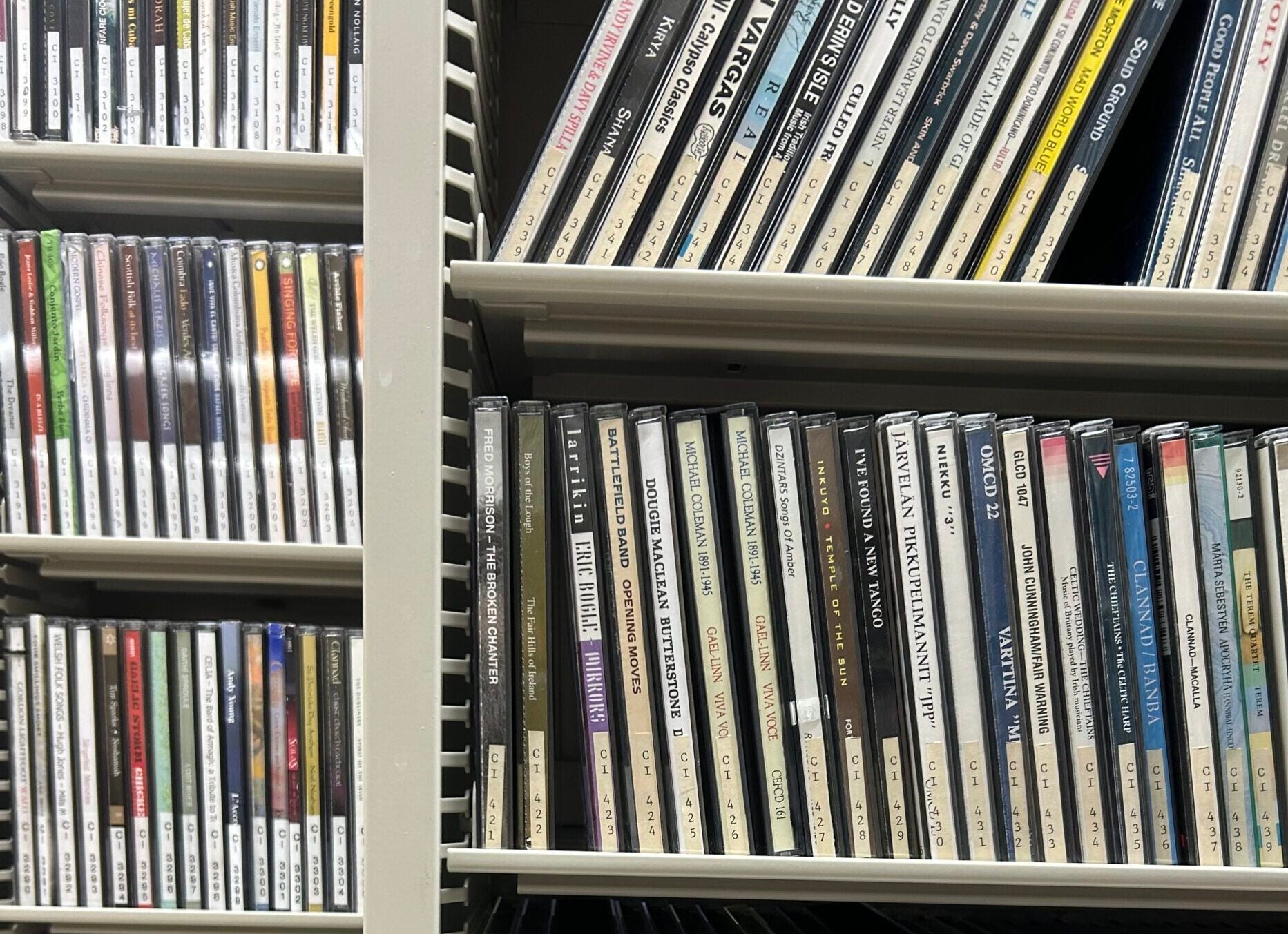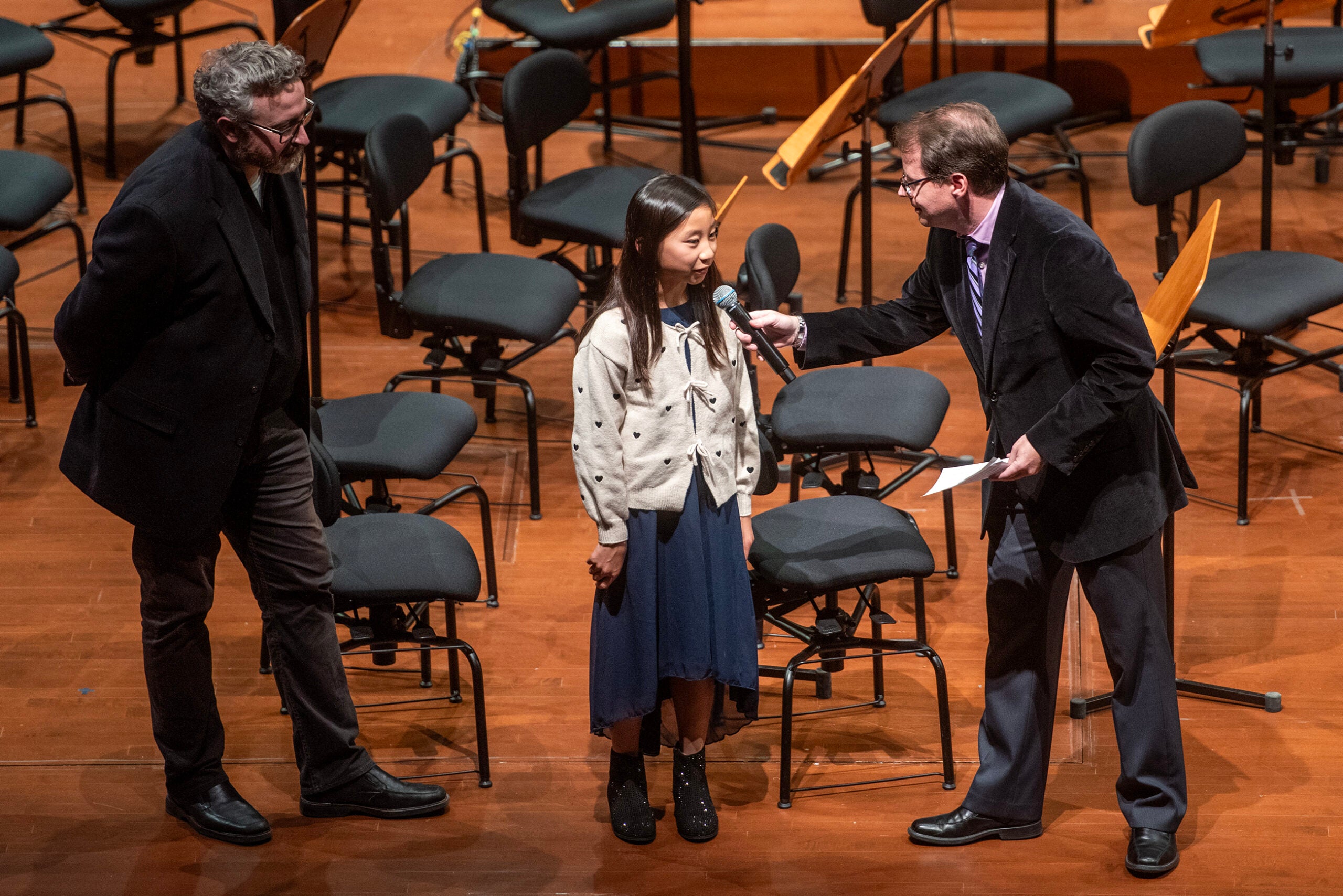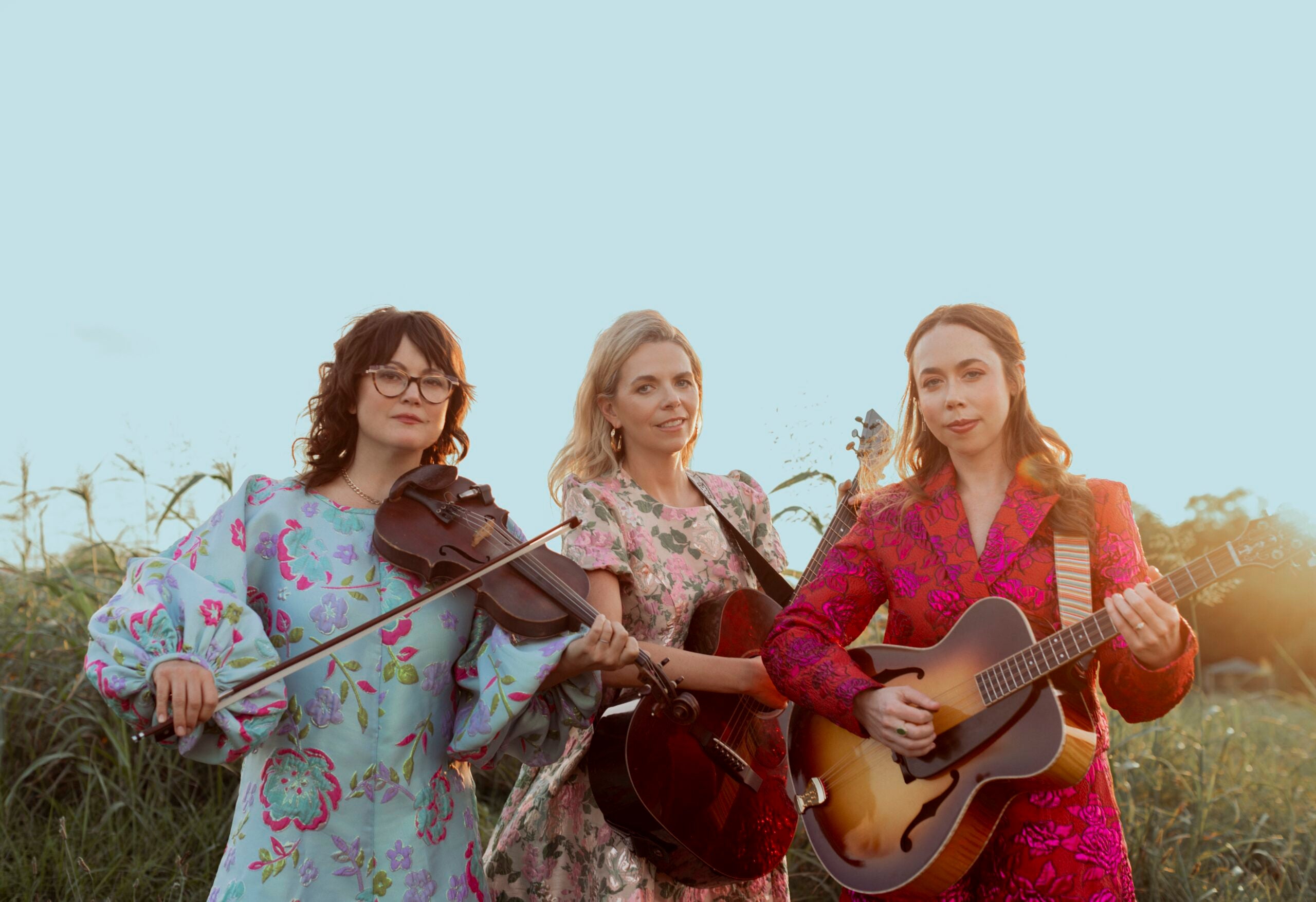For the band Lula Wiles, folk music isn’t just about passing on the music, but also passing on the possibility to other women.
Bass player Mali Obomsawin said, “I would have never probably thought that I could play the bass if I didn’t see Esperanza Spalding and Bridget Kearney and amazing female bass players just doing their thing. And I’m grateful for that, but I’m also wary to celebrate where we are too much because there’s still so far to go.”
The trio of Obomsawin, Isa Burke, and Eleanor Buckland were recently in WPR’s studio for an interview for WPR’s “Simply Folk” and to perform a few tunes from their recently released album, “What Will We Do.”
News with a little more humanity
WPR’s “Wisconsin Today” newsletter keeps you connected to the state you love without feeling overwhelmed. No paywall. No agenda. No corporate filter.
Lula Wiles released its first, self-titled recording in 2016. But before that, they grew up with folk music, sharing songs and fiddle tunes at camp in their home state of Maine.
“All of us were lucky to have access to the folk music community at a young age,” said Burke. “The music traditions that we’re drawing on are social, community-building traditions.”
“What Will We Do“ highlights not only their songwriting and harmony vocals, but also their instrumental skills, especially Burke’s guitar work. With their music, they’ve continued passing on that possibility they inherited.
“I’ve had younger gals come up to me and say that they’re inspired to learn new things on the guitar,” Burke said, “because they saw me play, and that makes everything else worthwhile.”
That sense of community in folk and roots music that they grew up with has continued for the band. Buckland was reminded of that recently when she ran into musician, band leader and record producer Alison Brown at a folk music convention.
“We had this great moment of talking about how we really like connecting with other female musicians and the idea that more and more and more, female musicians can support other female musicians too. And that there doesn’t have to be any kind of stereotype of competitiveness … just celebrating the kinship that we feel with and support we feel from other women in the industry,” she said.
But for female musicians, they said, it’s a fine line between supporting women in the industry and focusing too much on their gender.
“We’re still in a place in society and in gender politics,” said Obomsawin, “where being a woman band means that you get compared to other female bands, where dude bands are never compared to other dude bands just because their dude bands.”
“It’s a tough, double-edged sword,” added Burke. “We want to talk about music because men get to just go to an interview and talk about music. But we have to do this. But it’s also important to talk about it. It is so hard to know where that line is sometimes.”
Not being afraid of topics and questions like these is a part of the band and its music. That’s reflected in the new album.
“The album title obviously came from the song,” Burke said, “which is an old, traditional ballad that we sort of re-worked … It’s a cool name for an album because it’s a question. I think that kind of grabs people’s attention and makes them want to know more.”
She added, “I like that the title of the album comes from traditional music because that’s kind of the background that we all come from.”
The tracks on the disc range from the country-influenced “Nashville, Man” to the heartfelt “Independence Day,” including social commentary on “Good Old American Values,” and highlighting their vocals on the title track and Burke’s guitar work on “Hometown.”
“We wanted to make an album that reflected, in a current way, what we are all staying up late thinking about and talking about over drinks at the dinner table,” said Obomsawin. “What is everyone worried about, confiding in their friends about, losing sleep about?”
Wisconsin Public Radio, © Copyright 2025, Board of Regents of the University of Wisconsin System and Wisconsin Educational Communications Board.

